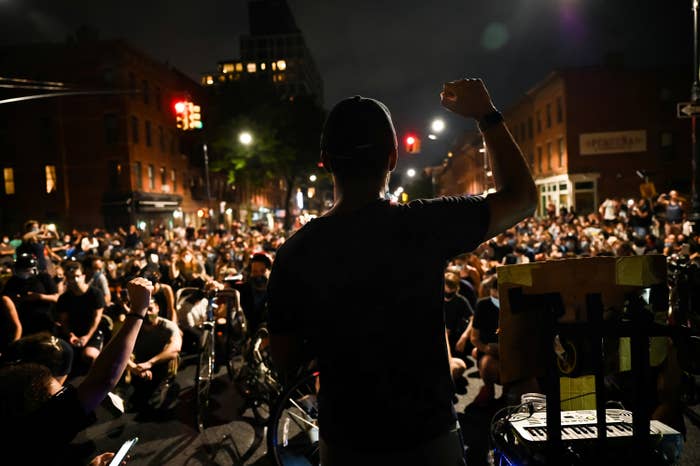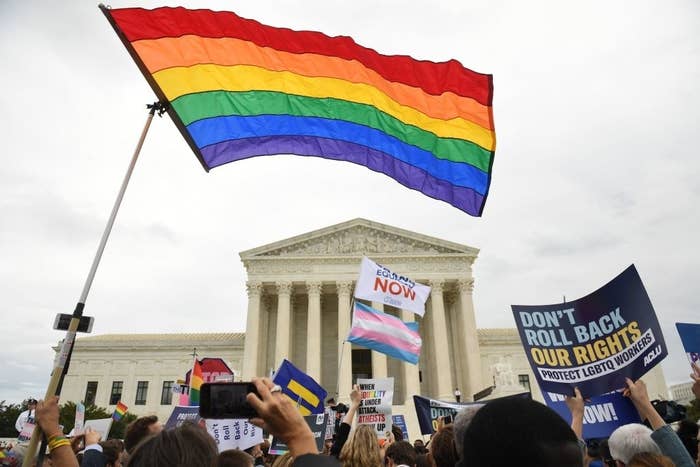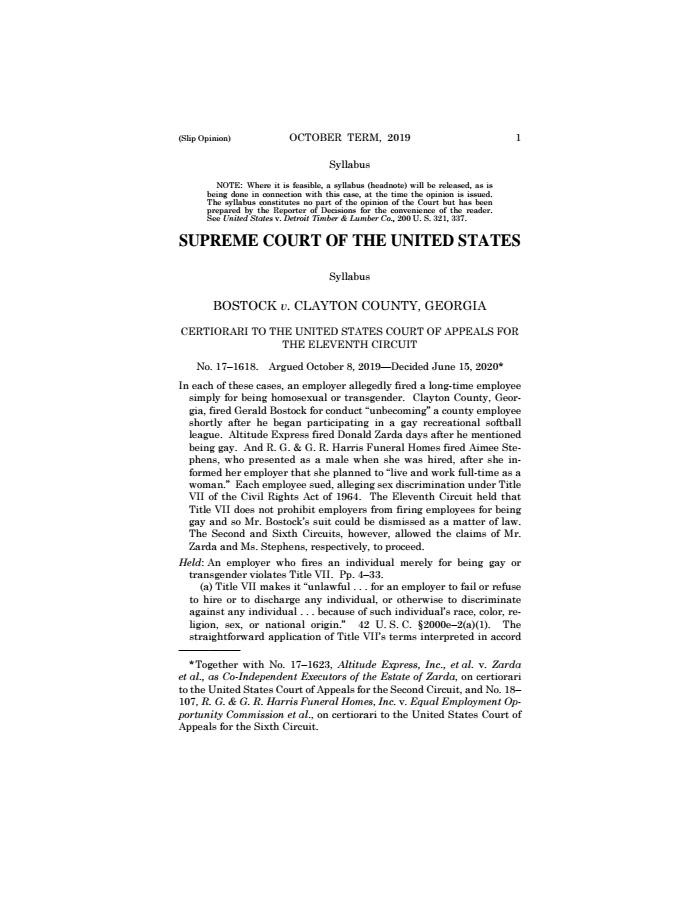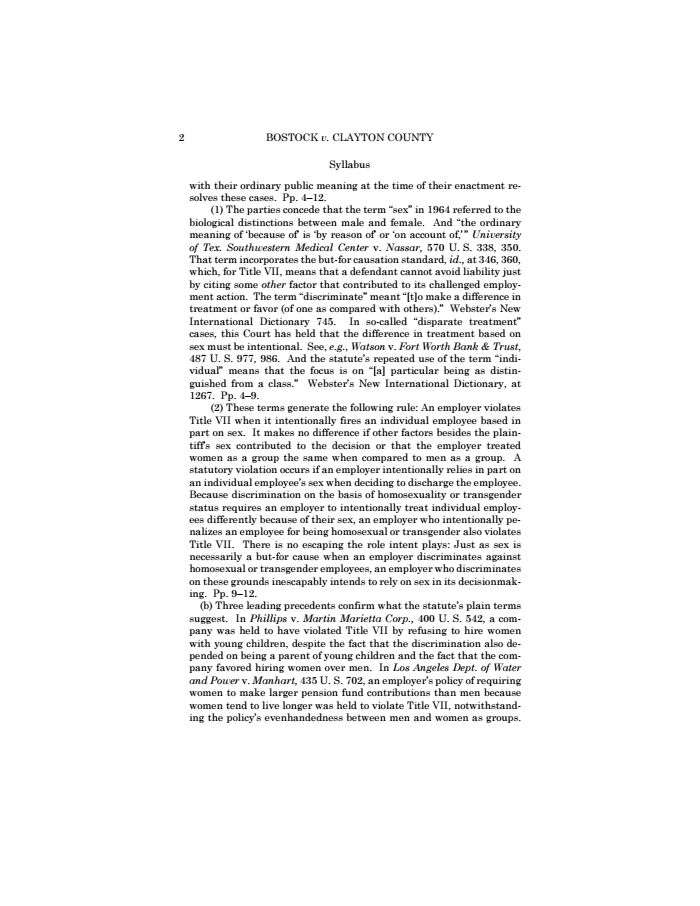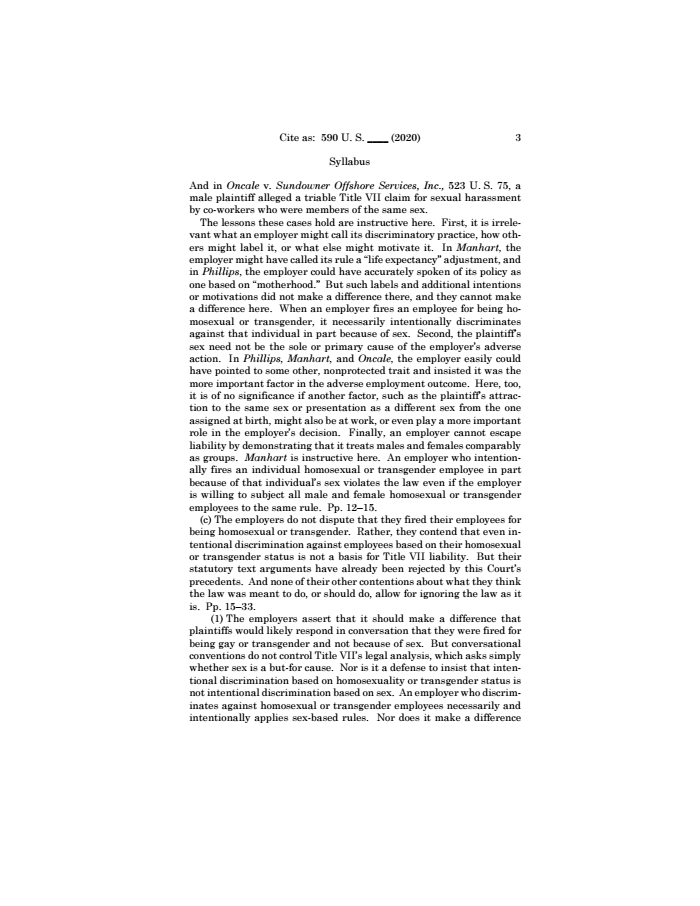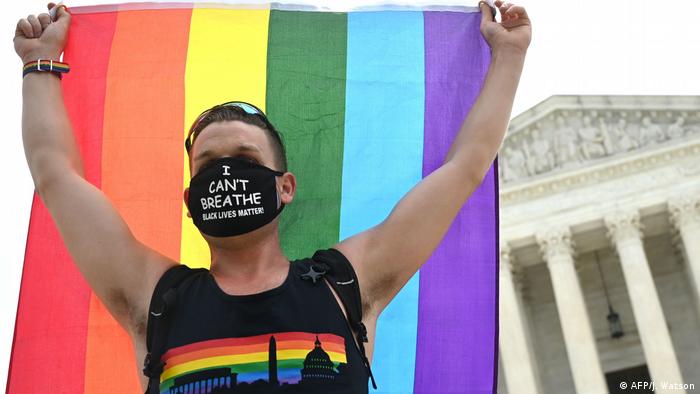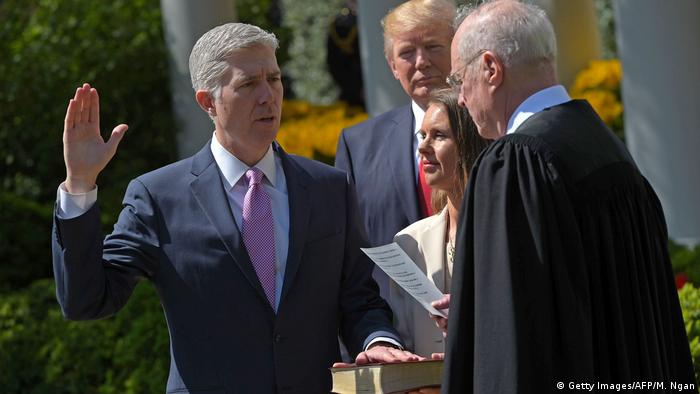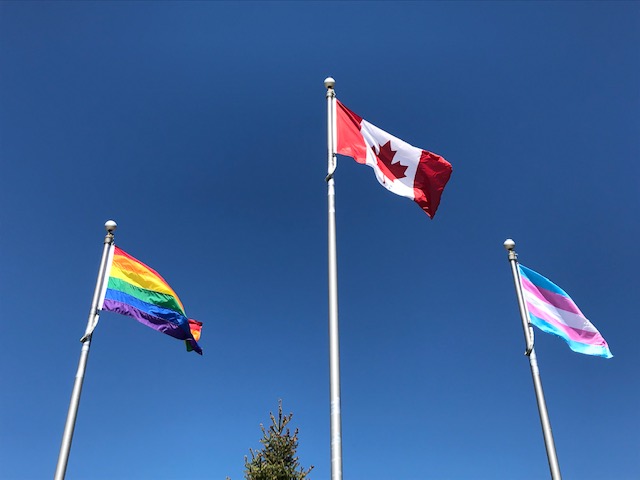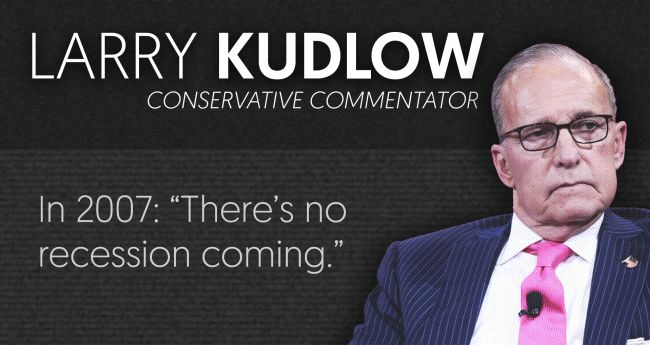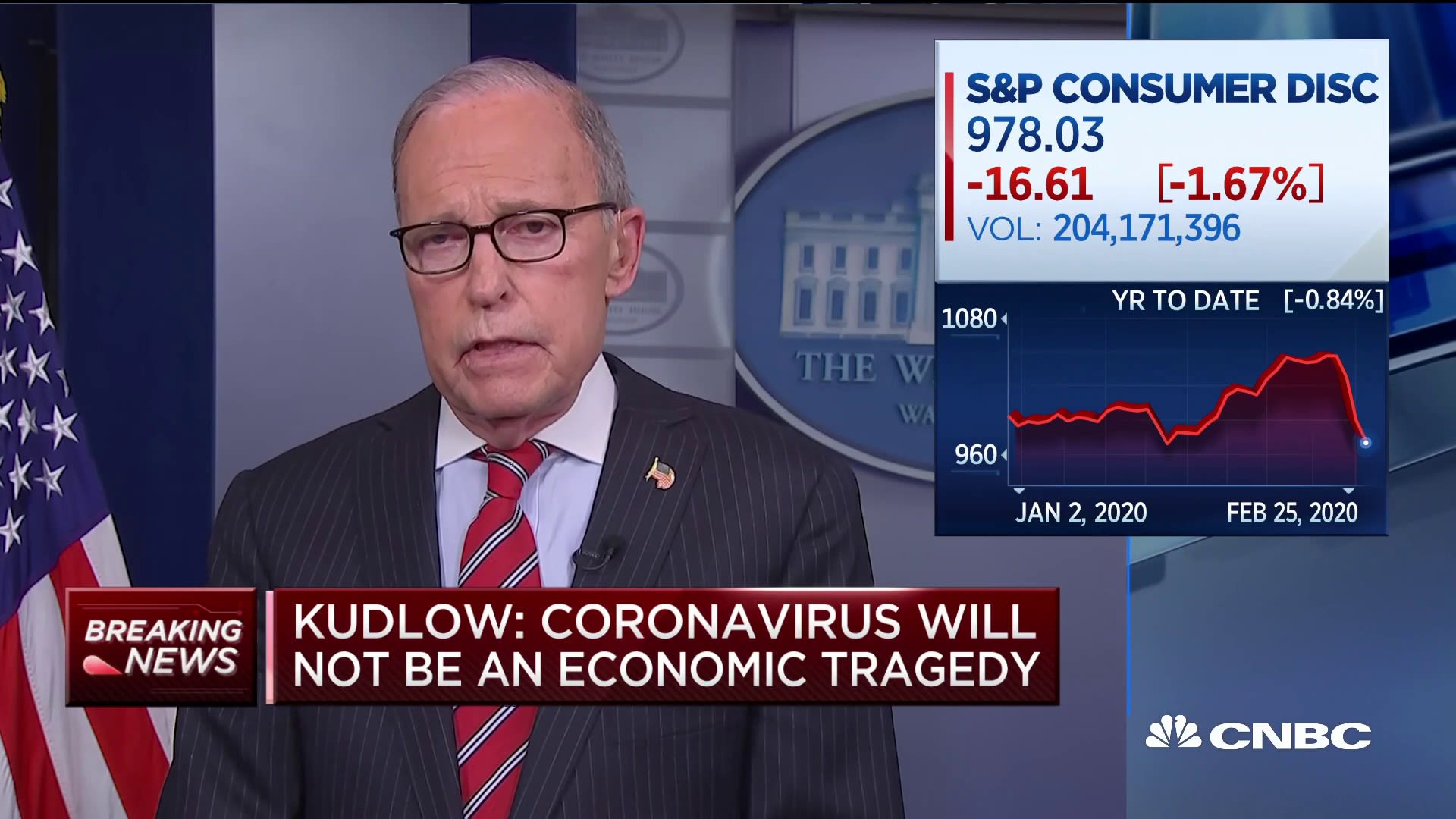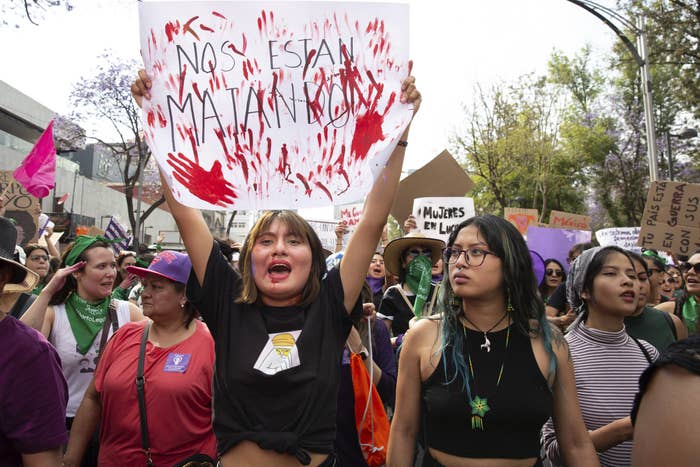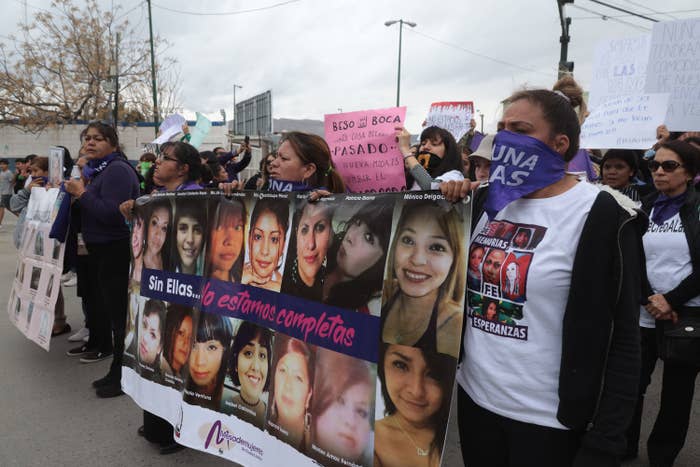By MARIAM FAM

In this Sept. 24, 2019 file photo, Farhana Khera, president and executive director of Muslim Advocates speaks during a House Committee on the Judiciary‚ Subcommittee on Immigration and Citizenship and Committee on Foreign Affairs, Subcommittee on Oversight and Investigations joint hearing on the administration's 'Muslim ban' on Capitol Hill in Washington. In the wake of George Floyd's death in police custody, dozens of American Muslim organizations have come together to call for reform to policing practices, and to support black-led organizations. “These demands are a floor for our groups and not a ceiling. Some would call for much more,” Khera said in response to e-mailed questions. (AP Photo/Manuel Balce Ceneta, File)
In the wake of George Floyd’s death in police custody, dozens of American Muslim organizations have come together to call for reform to policing practices, and to support black-led organizations.
“The victimization of unarmed Black Muslims has a long and troubling history,” said a coalition statement signed by more than 90 civil rights, advocacy, community and faith organizations. “As American Muslims, we will draw on our diversity, our strength, and our resilience to demand these reforms because Black lives matter.”
Proposed changes include prohibiting racial profiling and maneuvers that restrict the flow of blood or oxygen to the brain, such as choke holds; making it legally easier for prosecutors to hold law enforcement accountable; and redirecting police funding “into community health, education, employment and housing programs.”
The statement also calls for establishing “a federal standard that use of force be reserved as a last resort, only when absolutely necessary” and after exhausting all reasonable options.
“These demands are a floor for our groups and not a ceiling. Some would call for much more,” Farhana Khera, executive director of Muslim Advocates, one of the statement’s co-conveners, said in response to e-mailed questions. “We’re also urging all American Muslims to call their members of Congress right now and to demand a stronger response from them.”
Like members of other faith groups, many Muslims in America have joined in the outrage unleashed after Floyd, a black man, died after a white Minneapolis police officer pressed a knee to his neck. Groups from multiple denominations across faiths have publicly called for action against racism and aligned with the goals of peaceful demonstrators.
In street protests, statements, sermons and webinars, American Muslims have rallied against racism and discussed reforms.
“Muslim American organizations are committed to advocating at all levels to put an end to excessive use of force which has led to the murders of countless Black Americans,” said Iman Awad, legislative director of Emgage Action, one of the statement’s signatories. “Our message is that we will continue to fight but most importantly uplift the work being done by our Black leaders.”
Muslims in America are ethnically and racially diverse and Floyd’s death has also reinvigorated conversations about the treatment and representation of black Muslims in their own faith communities.
“I’m hopeful and heartened by the number and diversity of groups that have signed on,” said Kameelah Rashad, president of Muslim Wellness Foundation, also a co-convener. “That says to me that there’s at least recognition that we as a whole can no longer separate Islamophobia, anti-Black racism, surveillance, and violence. People are reconciling with the notion that means our struggles are intertwined.”
Now, she said, is the time for action

In this Jan. 13, 2015 file photo, Kameelah Rashad, president of Muslim Wellness Foundation, demonstrates outside the U.S. Courthouse in Philadelphia. In the wake of George Floyd's death in police custody, dozens of American Muslim organizations have come together to call for reform to policing practices, and to support black-led organizations. “I’m hopeful and heartened by the number and diversity of groups that have signed on,” said Rashad. “That says to me that there’s at least recognition that we as a whole can no longer separate Islamophobia, anti-Black racism, surveillance, and violence." (AP Photo/Matt Rourke, File)
“It’s vital that non-Black Muslims develop a respect for the resilience and resistance of Black people.”
The statement said: “Black people are often marginalized within the broader Muslim community. And when they fall victim to police violence, non-Black Muslims are too often silent, which leads to complicity.”
Moving forward, American Muslim communities must make space for black-led organizations, Awad said.
Also, “we must commit to having leadership positions which reflect the diversity of our faith community,” she said. “We cannot be successful until we have all voices represented at all levels within our organizational structures and our communities must do better.”
The statement said the demands represent only a “down payment” on needed reforms.
“If this deep-seated discrimination cannot be done away with through reform, then these systems will need to be abolished and re-imagined entirely.”
__
Associated Press religion coverage receives support from the Lilly Endowment through the Religion News Foundation. The AP is solely responsible for this content.
